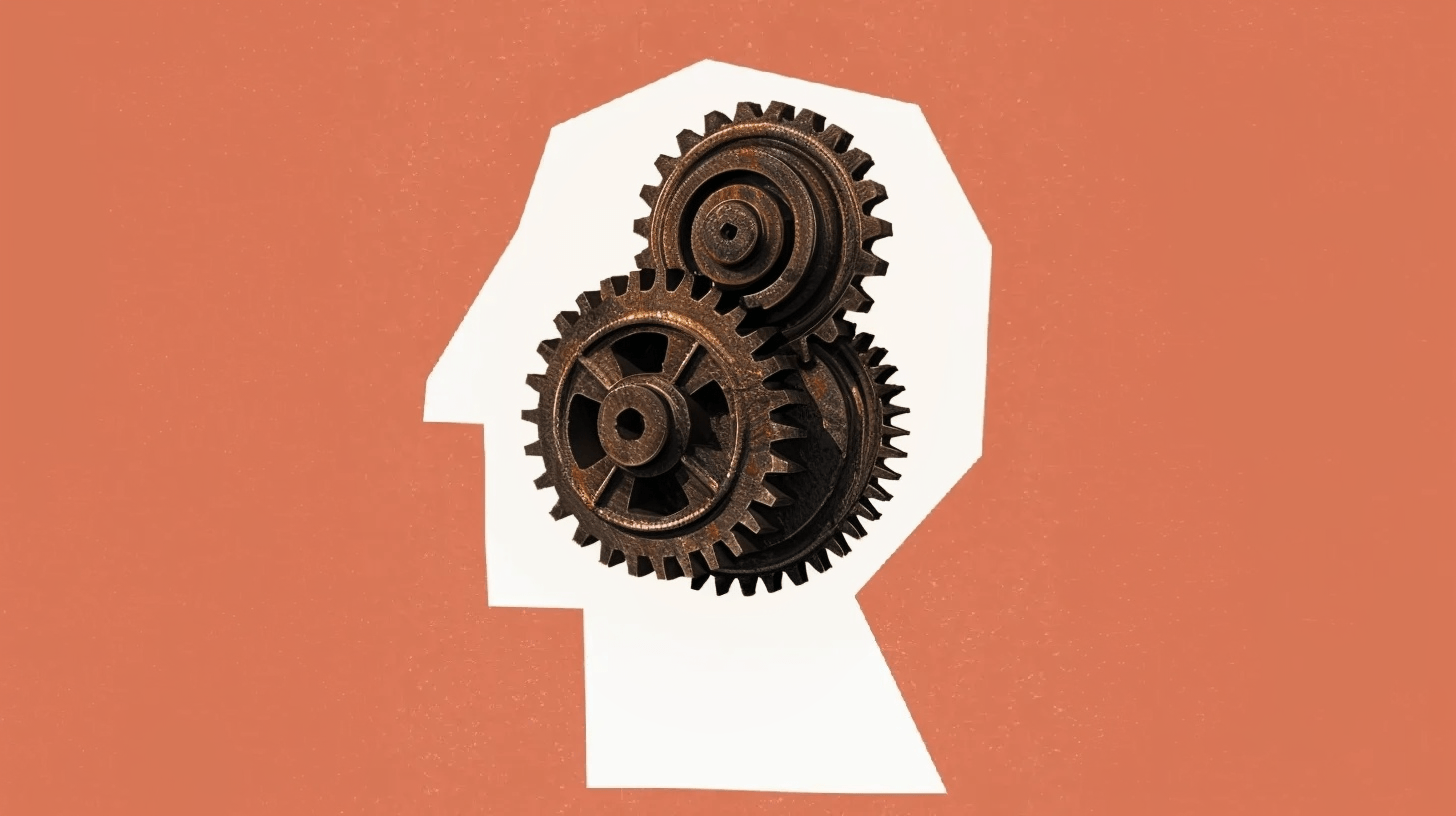From Code Foundation Models to Agents and Applications: A Comprehensive Survey and Practical Guide to Code Intelligence
NeutralArtificial Intelligence
- Large language models (LLMs) have revolutionized automated software development, enabling the conversion of natural language into functional code, as highlighted in a comprehensive survey on code intelligence. This evolution is exemplified by tools like Github Copilot and Claude Code, which have significantly improved coding success rates on benchmarks like HumanEval.
- The advancements in LLMs, particularly through models like Claude Code and Claude Opus 4.5, are crucial for companies like Anthropic and Microsoft, as they enhance coding efficiency and reduce operational costs, positioning them competitively in the AI landscape.
- The integration of AI coding agents into platforms like Slack and Visual Studio Code reflects a broader trend of incorporating AI into everyday workflows, although challenges remain regarding the readiness of these agents for production use, highlighting ongoing debates about their reliability and effectiveness in real-world applications.
— via World Pulse Now AI Editorial System







